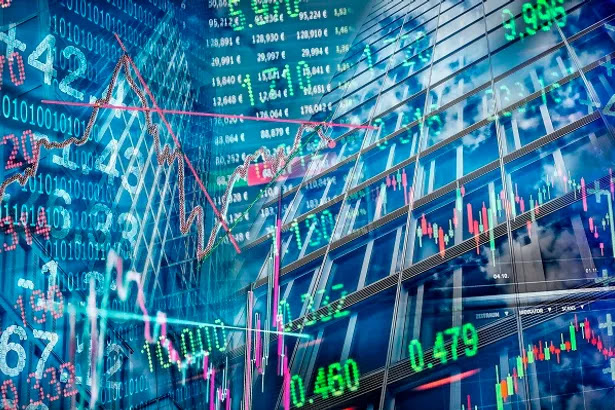The Difference Between Forex and Commodity Trading
The difference between forex trading and commodity trading is quite simple. A commodity market is a market that trades in manufactured goods such as coffee and cocoa (or mined products such as gold and oil). Forex (the foreign exchange market) is a global market that trades in currencies (such as dollars). Which market you prefer has a lot to do with your comfort level with the following factors.
Personal Choice
Some people feel more comfortable with certain types of markets. Some people like commodities because it’s a physical market they can relate to. Because many commodities can be seen in everyday life, some traders prefer commodities because they can connect to things like sugar cane and wheat.
Differences in Regulation
The commodities markets are very regulated, while forex is more like the wild west. There is some regulation with forex, but it’s a lot looser. There is a fair amount of circumvention of what little regulation exists already. And some traders feel they are better off with the government on their side.
Leverage
Although there is leverage in both markets, there is a significant amount of leverage in the forex market and you don’t have to jump through hoops to have it. All you do is fund your account with a few hundred dollars and you can control thousands. While leverage is also an option in commodities markets, the leverage in forex trading is much more spectacular.
Exchange Limits
Commodities trade on an exchange whereas foreign exchanges are over-the-counter and traded through brokers or in the interbank market. By trading on an exchange, commodities have daily range limits. When these limits are exceeded, the markets are said to be limit up or limit down, and no trades can be placed. If you are a commodity trader on the wrong side of one of these limit moves, you basically are watching your account dissipate without the ability to act.
While quick losses can also happen in the FX market, there are very few instances where you are absolutely unable to exit your trade which can happen with exchange limits and commodity markets.
Compromise
A trader looking for a compromise could trade commodity-based currencies. These currencies include the Australian dollar, the Canadian dollar, and the New Zealand dollar. Historically, the Australian dollar has a positive correlation to the price of Spot Gold (although the strength of the correlation varies over time). The dairy reliant New Zealand economy has a similar positive correlation with whole milk powder prices. Lastly, the Canadian dollar has a positive correlation with the price of crude oil.
Therefore, with the strong trends in oil in 2014 through 2016, the Canadian dollar has similarly seen strong moves.
Another subset of the foreign exchange market is that of emerging market currencies. Emerging market currencies also reflect commodity growth and tend to have an inverse correlation with the US dollar. Commodity currencies also pay higher rollover then developed market currencies. Therefore, in the right market, emerging market currencies can make a nice complement to the volatility seen in commodity trading.
اكتشاف المزيد من فارس
اشترك للحصول على أحدث التدوينات المرسلة إلى بريدك الإلكتروني.





